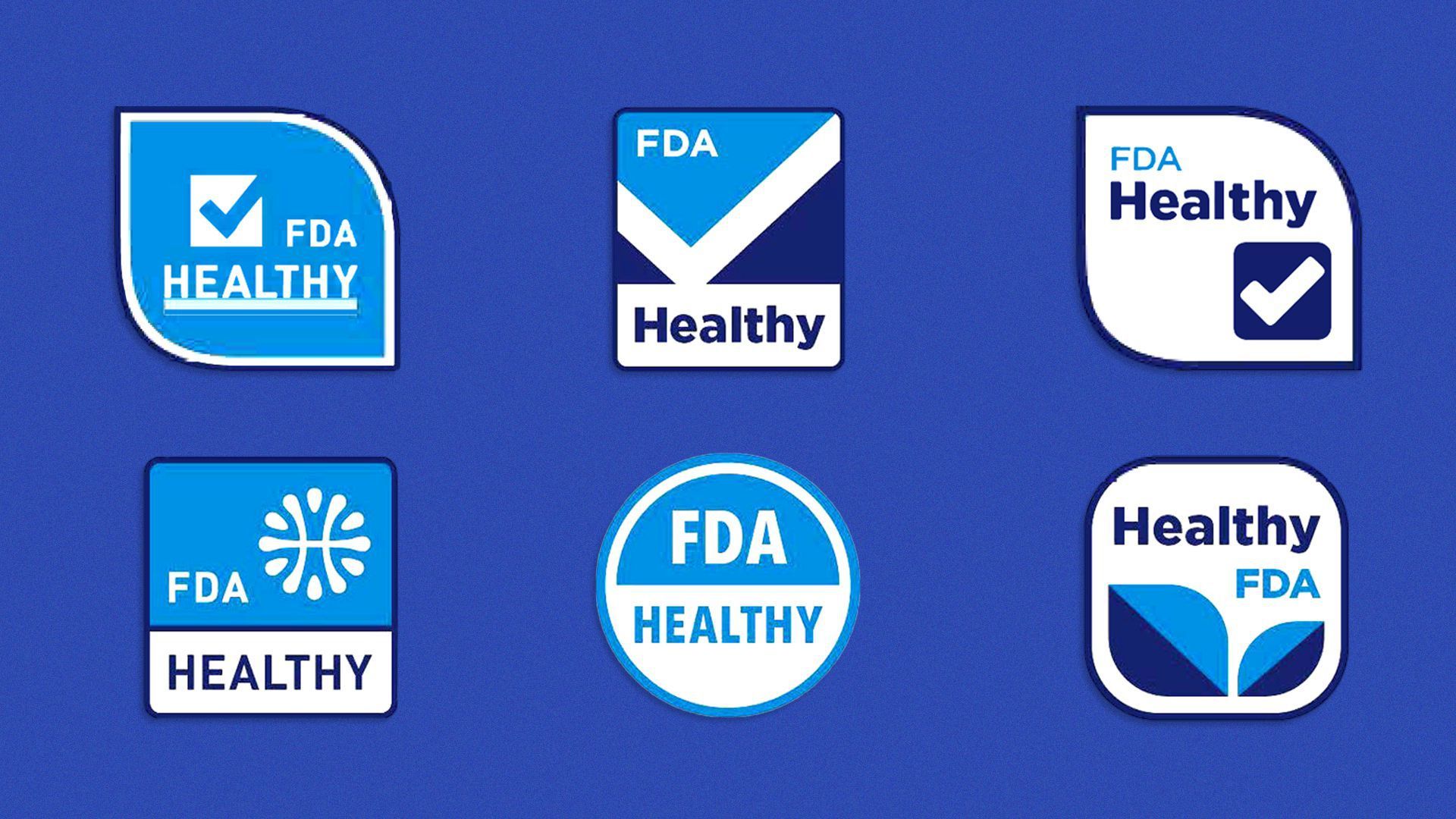 Data: The Commonwealth Fund; Note: Study defines "medical bill problems" as having difficulty with paying medical bills, having been contacted by a collection agency for unpaid bills, having to change way of life in order to pay medical bills and/or having outstanding medical debt. MOE ± 1.7 percentage points at 95% confidence; Chart: Madison Dong/Axios Visuals The number of Americans who have health insurance has never been higher — but more than 40% surveyed this year said they struggled to pay medical bills or were paying off medical debt, according to a biennial report from The Commonwealth Fund. Why it matters: It's the latest evidence that insurance coverage alone can't insulate people against soaring medical costs, leaving some facing long-term financial consequences. By the numbers: In the survey, based on responses from more than 6,000 people between March and July 2022, nearly half (49%) of the respondents said they would be unable to pay an unexpected $1,000 medical bill within 30 days. - About 2 in 5 who said they had problems paying down medical debt reported problems like lowered credit ratings, credit card debt or depleted savings.
- Nearly 1 in 10 had taken a mortgage against their home or obtained a loan to pay back their medical debt.
The big picture: As we've previously reported, Americans owe debt collectors more medical debt than any other kind. The bottom line: Without policy changes, the problem stands to worsen as inflation drives up costs, including premiums and deductibles, said Sara Collins, lead author of the study. - In addition, the looming expiration of the COVID public health emergency could trigger states to redetermine Medicaid enrollees' eligibility and cause nearly 16 million people to lose coverage.
Related: Some hospitals rake in high profits while their patients are loaded with medical debt | 








No comments:
Post a Comment